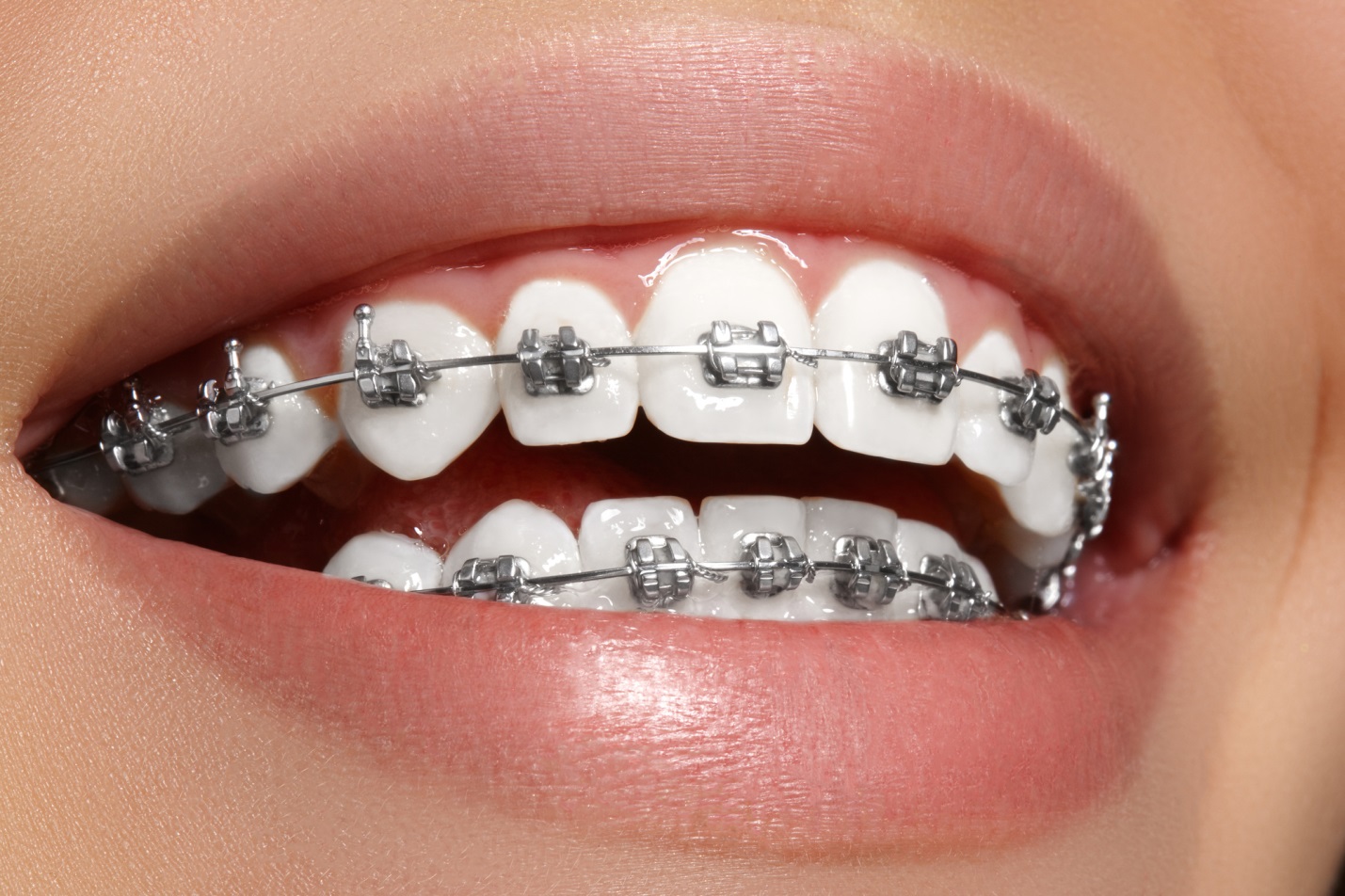Do you have a friend or family member who is dealing with an addiction to drugs or alcohol? If they don’t realize the harm that their behavior is doing to their loved ones, an intervention may help.
During interventions, people will get the chance to speak with a person about how their addiction is taking a toll on those who love them most.
This process will give them the chance to get things off their chest. It will also open up an addicted person’s eyes and mind so that they understand how they’re affecting others.
If you’re currently planning an intervention, you should take steps to make it as effective as possible. Here are some tips for staging interventions.
1. Pick the Right People to Attend the Intervention :
Who is going to be present at your intervention? That’s the first thing you should decide before you set anything else up.
It’s a great idea to get a good mix of people representing the different aspects of a person’s life.
You might want to invite the following people to interventions:
- The romantic partner or spouse of the addicted person
- The parents of the addicted person
- The siblings of the addicted person
- The children of the addicted person
- The close friends of the addicted person
- A professional who can keep everything running smoothly
Of course, you don’t need to invite all of these people.
If the addicted person doesn’t have a great relationship with his father, you might want to leave him out. You might also want to leave out anyone who could potentially be too emotional to speak clearly during an intervention.
But in general, you want all of the people who are most important to a person to be in attendance at interventions.
2. Find a Good Time and Place to Hold It :
Once you have decided on who will attend an intervention, decide when and where you will hold it.
Pick a time when the addicted person will be sober and most willing to listen. The last thing you want to do is hold the intervention when they’re high or intoxicated since they won’t be in the right state of mind to listen to others talk to them.
Choose a place that will provide a safe and comfortable environment for your intervention.
At the same time, you should avoid holding it in a place like your home since there could be a lot of negative emotions attached to your intervention in the future. A church meeting hall or community center might be a better option.
3. Decide Who Will Speak During the Intervention :
When you’re preparing to hold interventions, you want to make sure everyone knows who is going to talk. After all, you don’t want to have everyone talking at once when the intervention begins.
Each person should have their time to speak. That’s why they’re being invited to the intervention. But there should be an order to it.
At most interventions, the first and last speaking slots will be reserved for those people whose words will likely have the most impact. You will want a person’s spouse or one of their parents to speak during those time periods.
4. Rehearse What Everyone Will Say :
Ask the participants to rehearse what they plan to say. Practice your speech before the addicted person arrives.
You want to steer clear of just speaking off the cuff. This could lead to you saying something that will upset the person and put a halt to the intervention before everyone has spoken.
Take pointers from others who will be attending the intervention. Tweak your words so that they fit into the context of the meeting.
5. Try Not to Lose Your Temper at Any Point :
You might be fuming mad at the person who will be at the center of the intervention. Every fiber in your body might be telling you that you should stand up and yell at them.
Don’t do it.
No matter how mad you are, your intervention should provide a safe space for the addicted person to sit and listen. The second you raise your voice, they could potentially get up and leave.
You want them to sit and listen to what everyone has to say. Resist the urge to raise your voice. Speak firmly, but not angrily.
6. Prepare Yourself for Whatever Might Happen :
Unexpected things tend to happen at interventions. The addicted person might:
- Break down in tears and beg you to take them to a treatment center
- Get up and storm out of the room before everyone has talked
- Yell at those who have come to speak to them
Unfortunately, you need to be prepared for just about anything. You never know what’s going to happen during an alcohol or drug intervention.
If a person demands to go to rehab right away, put a plan in place so you know who will drive them. See more here if you need to find the right rehab for your loved one.
If they get angry and start to storm off, have one person they trust give chase and try to convince them not to leave.
When you prepare properly, you’ll be ready for anything.
7. Understand If the Intervention Doesn’t Go According to Plan :
At the end of the intervention, the addicted person might get up and walk out without saying a word to anyone. They might show that they’re completely unwilling to get the help you think they need.
While you’ll probably be disappointed, don’t let it stop you from continuing to help that person.
Who knows? They might come to their senses in a day or two and come around to the idea of getting help.
All you can do is speak your mind at the intervention and then allow them to make the next move.
Interventions Can Help Break the Cycle of Addiction :
If you want to assist your loved one as they search for help for alcohol or drug addiction, consider holding interventions. You should also find out what it’s like in a drug recovery center so that you can prepare yourself and your loved one for it if they choose to check into one.
Need more tips? Check out our lifestyle blog for more information on dealing with drug and alcohol addiction!
Read Also :






















